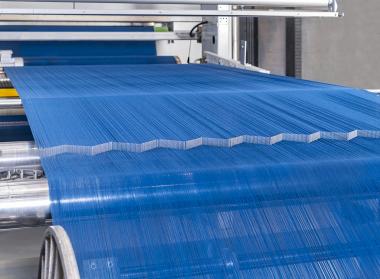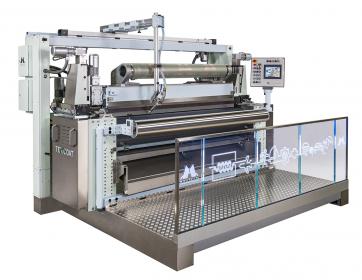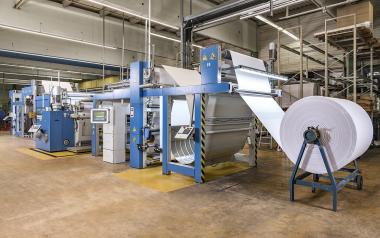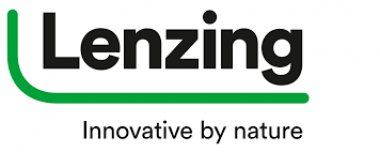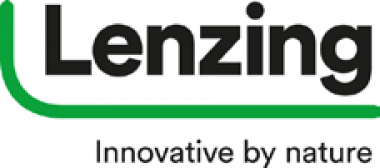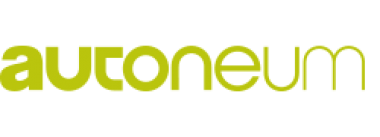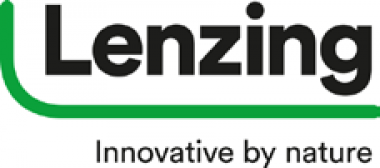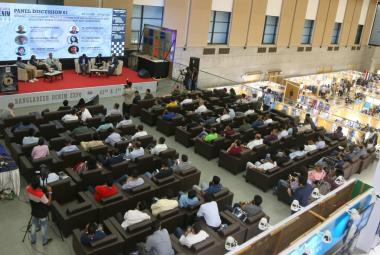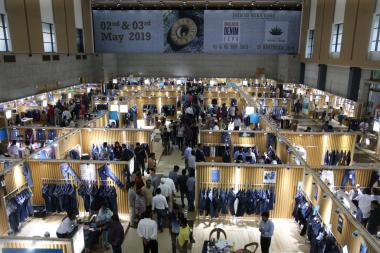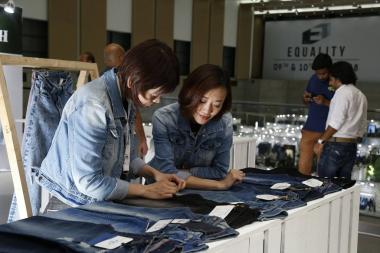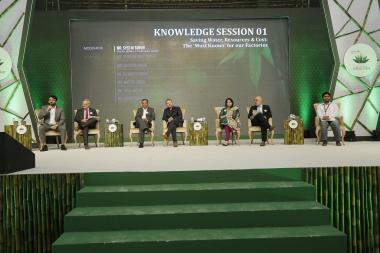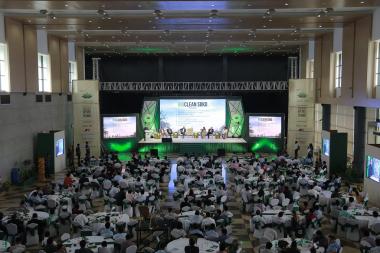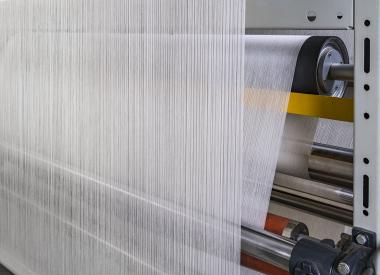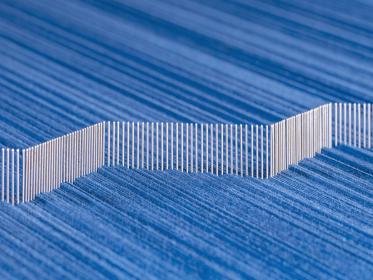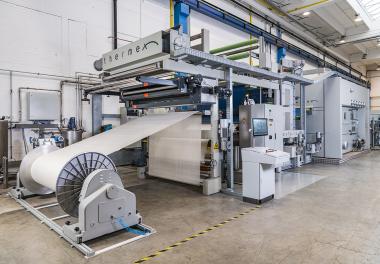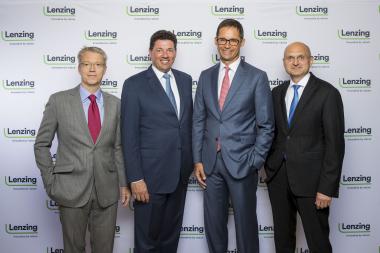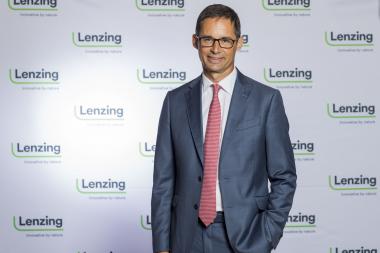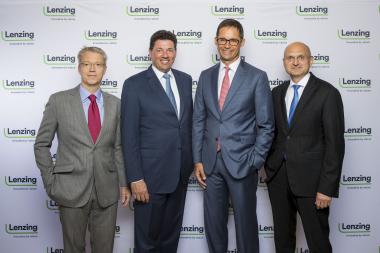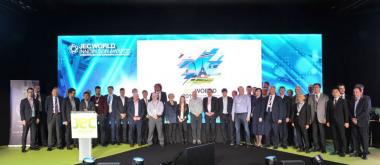Strategic Partnership Between Rieter and WW Systems
- License agreement concluded for promising technology
- Integration into the digital spinning suite ESSENTIAL
- Implementation of digital strategy further advanced
The Rieter Group concludes a license agreement with WW Systems on November 5, 2020 and will integrate the Brazilian company's promising product into its digital spinning suite ESSENTIAL. "OptCotton" from WW Systems offers the only software system worldwide that enables an even blend of cotton for the spinning process. With this cooperation, Rieter is taking an important step forward in implementing its digital strategy and offering its customers further added value in yarn production.
"OptCotton" eliminates variations in quality between cotton blends that are being prepared for the spinning process. In this way, standardized quality yarn can be produced efficiently in the spinning process. From the arrival of the bales in the warehouse to their use in the blowroom line, “OptCotton” manages the entire blending process with no need for categorization. This results in increased efficiency in storage and logistics as well as machine performance.
Integration into the digital spinning suite ESSENTIAL
By integrating this solution, Rieter strengthens its digital spinning suite ESSENTIAL. Access to bale-related fiber data and raw material information opens up new possibilities for controlling the spinning mill. In combination with the existing modules ESSENTIALbasic, ESSENTIALmonitor, ESSENTIALmaintain and ESSENTIALpredict, this optimizes the entire spinning process and raises digital intelligence to a new level.
Rieter Management AG





